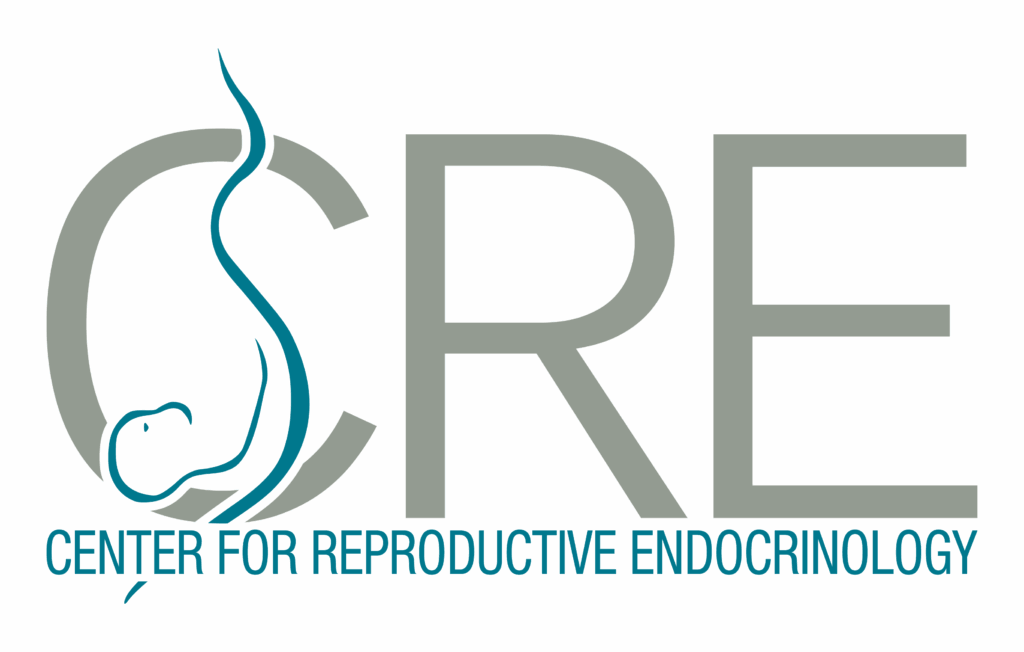Infertility affects millions of people worldwide, and for many, assisted reproductive technologies (ART), such as in vitro fertilization (IVF), offer a long awaited cure. However, for many, concerns about long-term health effects, particularly in relation to cancer, are still an impediment to seeking treatment.
The American Society for Reproductive Medicine (ASRM) recently renewed its guidelines regarding the safety of these medications, focusing on ovarian, breast, uterine, and thyroid cancer. This article summarizes these connections and discusses what women undergoing fertility treatments should know about potential risks.
The Role of Fertility Drugs in Cancer Risk
Fertility drugs are natural hormones called gonadotropins (FSH, LH) that are injected in the skin to stimulate the ovaries to produce a higher number of eggs for external fertilization with sperm. Other medications like clomiphene or letrozole work by indirectly increasing the natural secretion of gonadotropins with a similar end effects. While these drugs have been administered to millions of people, their impact on cancer risk has been negligible.
Ovarian Cancer and Fertility Treatments
Ovarian cancer is one of the primary concerns associated with the use of fertility drugs. Studies suggest a possible link between fertility treatments, especially IVF, and an increased risk of ovarian cancer. However, the relationship is complex. Research indicates that women with infertility, regardless of treatment, are already at a higher risk of ovarian cancer due to underlying conditions such as endometriosis, ovarian cysts, older age and nulliparity (no previous pregnancy). A study from Denmark showed that women treated with IVF medications a slightly increased risk of ovarian cancer, with a hazard ratio of 1.20. However, the risk diminished over time. This finding suggests that the underlying infertility conditions could play a more significant role than the medications themselves. Additionally, studies focusing on endometriosis alone have found a nearly twofold increase in ovarian cancer risk reinforcing the importance of these external compounding factors.
Borderline Ovarian Tumors (BOTs)
While ovarian cancer is rare, borderline ovarian tumors (BOTs) are an intermediate form of cancer that has a lower malignant potential but still requires immediate attention. A study conducted in Sweden found a slightly higher incidence of BOTs in women who underwent ART compared to those with infertility who did not undergo ART treatments. However, this association seems to be weak and due to underlying infertility issues like the presence of ovarian endometriomas prior to ART.
Breast Cancer
The association between fertility drugs and breast cancer remains controversial. Some studies suggest a potential increase in risk, particularly with prolonged use of fertility drugs like clomiphene citrate (CC), which is similar to tamoxifen, a medication used to treat breast cancer. However, most studies do not show a significant link between ART and breast cancer. A large cohort study with a 30-year follow-up showed no significant increased risk of breast cancer in women who had undergone IVF or used fertility drugs.
Despite some early concerns, the general consensus is that fertility treatments do not significantly increase the risk of breast cancer. However, women who have been treated for infertility and do not use ART treatments may still have a higher risk due to other factors, such as delaying conception beyond age 40. One may argue that by conceiving sooner, these women are lowering their risk of breast cancer.
Uterine Cancer
The connection between fertility drugs and uterine cancer is also a common concern because of its known association with long term unopposed estrogen exposure. This situation occurs in people with ovulation problems, like PCOS, when estrogen excess is not counteracted by the effect of progesterone released during ovulation. There are some observational studies that suggest that fertility treatments may contribute to a higher risk of endometrial cancer. However, other studies attribute most of the risk to the long-standing hormonal imbalance and obesity often seen in PCOS, rather than the short course of fertility meds. Anyone with long-standing ovulation problems should undergo an office biopsy prior to conceiving to rule out endometrial hyperplasia, a known risk for cancer in patients with PCOS. Again, one may argue that the natural progesterone released during pregnancy after fertility treatments has a protective effect during these 9 months.
Thyroid Cancer
Thyroid cancer is another cancer type that has caused concerns despite inconclusive evidence, especially with clomiphene. Studies have showed mixed results despite its frequent use over the last 50 years, suggesting that more research is needed to understand the connection between thyroid cancer and fertility drugs fully.
Colon Cancer
Fertility drugs have not been linked to an increased risk of colon cancer, and most studies have shown no significant effect.
Other cancers, such as cervical cancer and melanoma, have not been conclusively linked to fertility drug use. Most studies suggest no increased risk, with some showing even a slight decrease in the incidence of cervical cancer after ART.
Conclusion and Recommendations
The use of fertility drugs has raised concerns about potential cancer risks. While there is weak to moderate association between fertility treatments and an increased risk of female cancers, the overall risk appears to be small and indirect. It is essential to understand that long-standing infertility factors, such as PCOS, endometriosis, ovarian cysts, and nulliparity may play a more significant role in cancer risk than the fertility drugs themselves.
While women undergoing fertility treatments should be informed about the potential risks, they should also be reassured that many of these risks are still being studied and that the evidence is not conclusive. Many studies are observational and do not control for these confounding factors in their statistical analysis. Further research is necessary to better understand the long-term effects of fertility drugs on cancer risk and to ensure that women receive the most accurate and up-to-date information.


